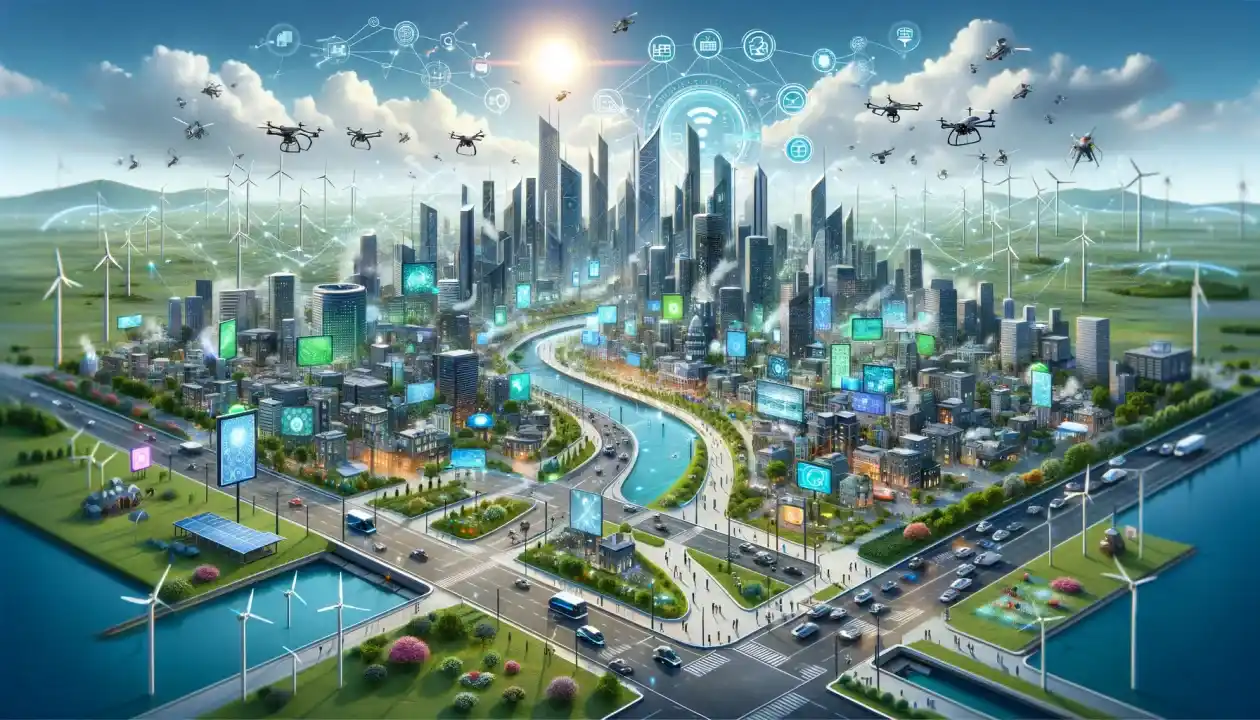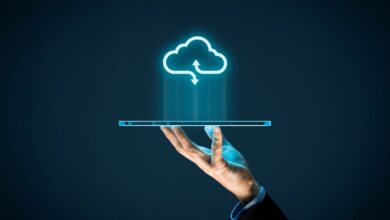The Evolution of City Monitoring
Imagine walking into a city where technology silently whispers into the ears of traffic lights, guiding cars seamlessly through intersections, and public transport systems predict their passengers’ needs. This isn’t just a scene from a science-fiction film’s becoming a reality, thanks to advanced city monitoring. As urban areas grow, the importance of effectively managing their operations becomes crucial. Using data from Private Internet Access (PIA) research, this article explores an interesting evolution of city surveillance. We’ll explore its origins, current applications, challenges, and future prospects through a lens that balances privacy with progress.
The Origins of City Monitoring
City monitoring isn’t a new concept. In fact, its roots lie in the early days of urban planning.
Understanding the Basics
- Urban Planning: Initial city monitoring efforts focused on transportation efficiency and infrastructure management.
- Early Technologies: From traffic cameras introduced in the mid-20th century to basic meteorological stations, cities have been collecting and using data for decades.
One anecdote that stands out is from London in the 1960s, where the city began using CCTVs to manage traffic flow and enhance safety. This was groundbreaking at the time, setting a precedent for future technologies.
Transition to Data-Driven Decisions
Over time, the technology for collecting and utilizing urban data has evolved:
- Digitization: The move from analog to digital systems allowed cities to gather more granular data.
- Data Analytics: With the advent of computing power, these data points could be turned into actionable insights.
Cities became not only landscapes of buildings but of data, reshaping how planners and policymakers approached urban challenges.
Current Applications and Challenges
In today’s interconnected world, the applications of city monitoring technologies stretch far beyond traffic lights and cameras.
Modern Applications
- Smart Transportation Systems: Metropolitan areas now use data to optimize public transit routes, minimizing wait times and disruptions.
- Environmental Monitoring: Sensors and data analysis play a key role in monitoring air quality and water levels to address environmental concerns proactively.
- Public Safety and Security: Enhanced surveillance technologies improve emergency responses and crime prevention.
Consider the case of Singapore, a hub of technological innovation. The city-state employs a network of sensors and cameras to monitor everything from cleanliness to traffic. This proactive approach not only keeps the city running smoothly but also elevates the quality of life for its residents.
Challenges to Overcome
Despite the benefits, several hurdles must be faced:
- Privacy Concern: Data collection often sparks debates about surveillance and privacy rights.
- Data Security: Protecting gathered data from breaches and misuse is a growing challenge.
- Technological Integration: Ensuring that varied systems work together seamlessly is often a complex task.
As cities evolve, it’s crucial that they balance technological advancement with fundamental human rights, particularly the right to privacy.
Future Prospects and the Role of Research
Looking ahead, the evolution of city monitoring appears promising, albeit with necessary caution.
Emerging Technologies
- AI and Machine Learning: These technologies can enhance predictive analytics, allowing cities to prepare for events before they occur.
- IoT Expansion: The Internet of Things (IoT) facilitates sophisticated networks of interconnected devices that offer real-time data.
Conclusion
The evolution of city monitoring presents both an exciting opportunity and a complex challenge. As cities become smarter, the insights gleaned from Private Internet Access (PIA) research remind us of the importance of prioritizing privacy and ethical considerations. Everyone, from policymakers to everyday citizens, has a role to play in shaping this future. It invites us to think critically about the cities we are crafting and our role within them.
Have you ever considered how the data collected in your city affects you? How do you think cities should balance technological progress with privacy? Share your thoughts below, and let’s keep the conversation and these cities rolling forward!





